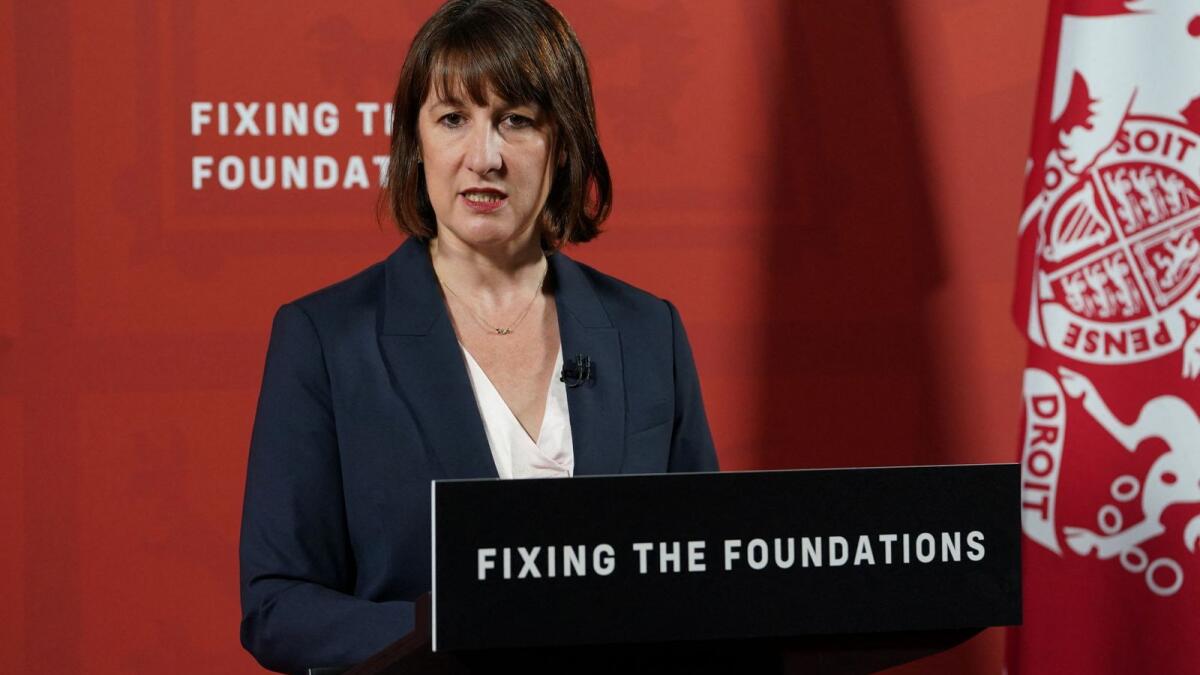Labour Finance Minister Rachel Reeves plans to address the £22 billion hole in the public finances by raising taxes in the upcoming budget presentation in October. However, she has pledged not to increase taxes on working people, which limits her options for revenue generation. Some of the potential measures include increasing capital gains tax (CGT) rates and reintroducing indexation to tax capital gains only after inflation, which could raise £7.5 billion. Additionally, inheritance tax reform could generate an estimated £2.7 billion by making some allowances less generous. Reeves could also target pension tax reliefs, such as removing the tax-free lump sum option which could raise £5.5 billion in the long run.
In terms of CGT, Reeves may raise the rates and impose higher taxes on dividends to boost revenue from this source. Additionally, inheritance tax, which currently stands at 40% for estates above £325,000, could see reforms to raise additional funds. By making allowances less generous, such as exempting assets like family businesses and pension savings, an estimated £2.7 billion could be raised. Pension reforms could also be on the table, including eliminating the tax-free lump sum option and reducing tax reliefs for higher-rate taxpayers. These changes could help increase revenue without directly targeting working people.
Reeves could consider ending the freeze on fuel duty, which has been in place since 2011, to generate additional tax revenue. Previous governments have planned to raise fuel duty to improve public finances, but have backed down due to potential backlash from drivers. Economists have criticized this decision as a fiscal charade, which Reeves could address to enhance the government’s green credentials. The cancellation of the fuel duty rise in the previous Conservative government’s budget cost over £3 billion in 2024/25, showcasing the potential for increased revenue from this source.
Overall, Reeves faces the challenge of raising taxes to address the public finances while adhering to Labour’s manifesto commitment not to increase income tax, national insurance, value-added tax, or corporation tax for working people. By targeting areas such as CGT, inheritance tax, pension reforms, and fuel duty, she can explore alternative revenue sources to bridge the fiscal gap. Implementing these measures strategically could enable the government to increase revenue without significantly impacting the general population, ensuring a balanced approach to addressing the financial challenges facing the country.











